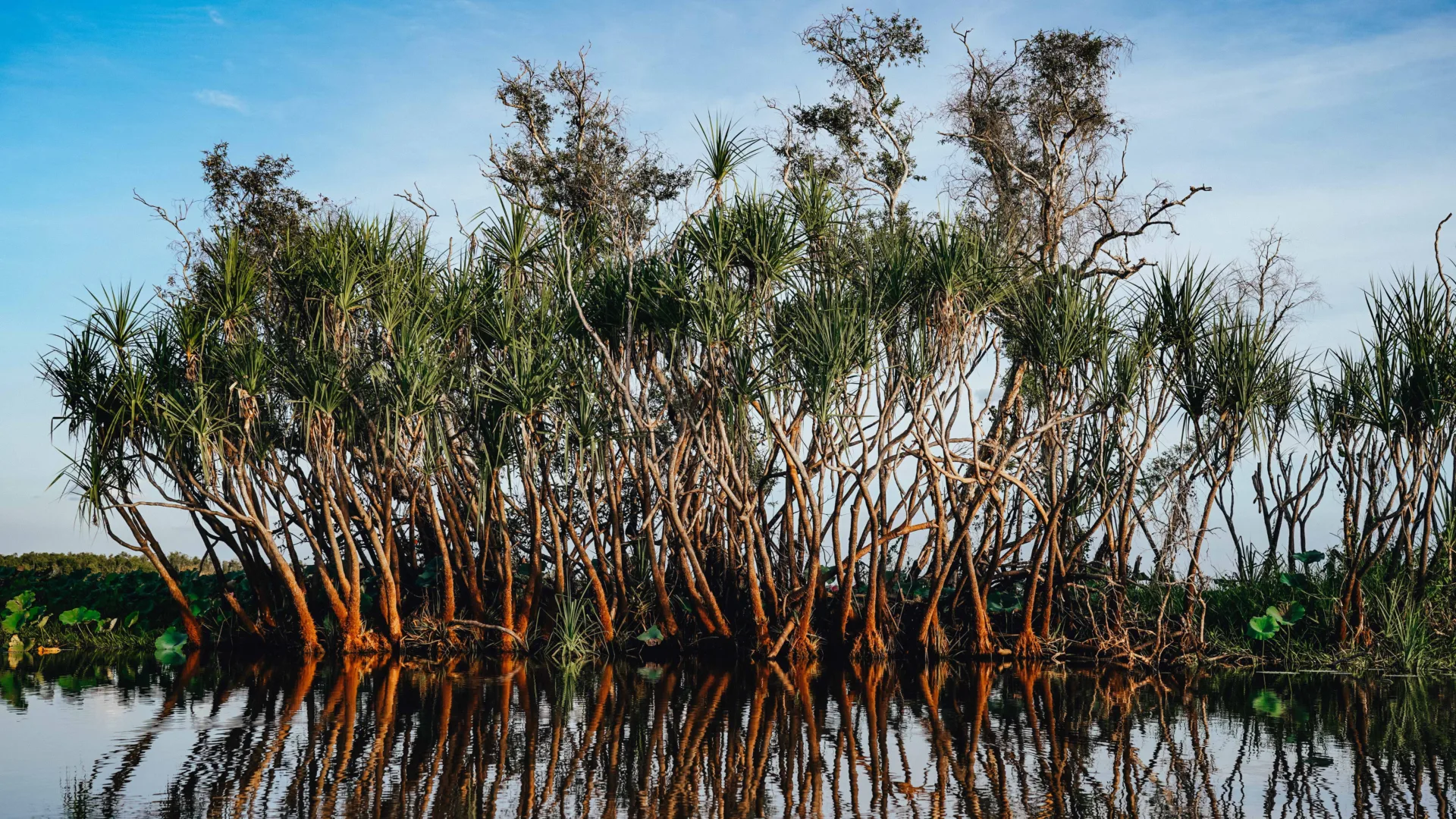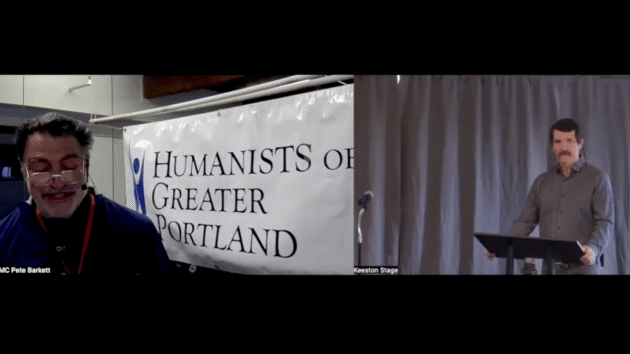Feature photo by Rod Long
Once again an important court decision upholding the legal rights of nature has come out of the country of Ecuador. This high court decision protecting the inherent rights of mangroves (September 2021) actually came out before the Los Cedros (November 2021) decision which CELDF featured in September 2022. It’s an important decision for the recognition and enforcement of another distinct yet interconnected ecosystem’s rights. This decision not only recognizes the rights of mangroves by preventing harm, it is also holding those accountable for harm already done. It is why CELDF has put time and resources into the English translation of both these decisions. The hope is that more people, including judges and lawyers all over the world will read them and gain an understanding by these real world examples of how courts could uphold and lawyers argue for the Rights of Nature if they were codified into law.
Mangroves, according to the Ramsar definition, are considered wetlands – an area that CELDF is also helping to evolve by participating in the drafting of the Declaration of the Rights of Wetlands. Mangroves are a group of trees and shrubs that live in the coastal intertidal zone, which in Ecuador and elsewhere in the world often constitute zones of conflict between the needs of the ecosystem and commercial and industrial activities of humans. This particular case from Ecuador deals with certain articles of the regulatory code or what is known as the Organic Code of the Environment (“COAM” Código Orgánico del Ambiente). One of the central challenges in this case centered around a listing of allowable activities in mangroves where there is a general catch-all provision that does not explicitly specify the need to protect the integrity of mangroves. The court ruled that this was a violation of the rights of mangroves.
It is worth repeating that this case is significant because it takes action to rectify a condition that could lead to harm of mangroves and violate the mangrove’s rights before such harm occurs. Like Los Cedros the orientation of the court stemming from the constitutional language protecting nature or Pachamama is about precaution and prevention, not just monetary awards after the harms have occurred.
Read the Ecuadorian high court decision to protect the rights of mangroves in English or Spanish.



